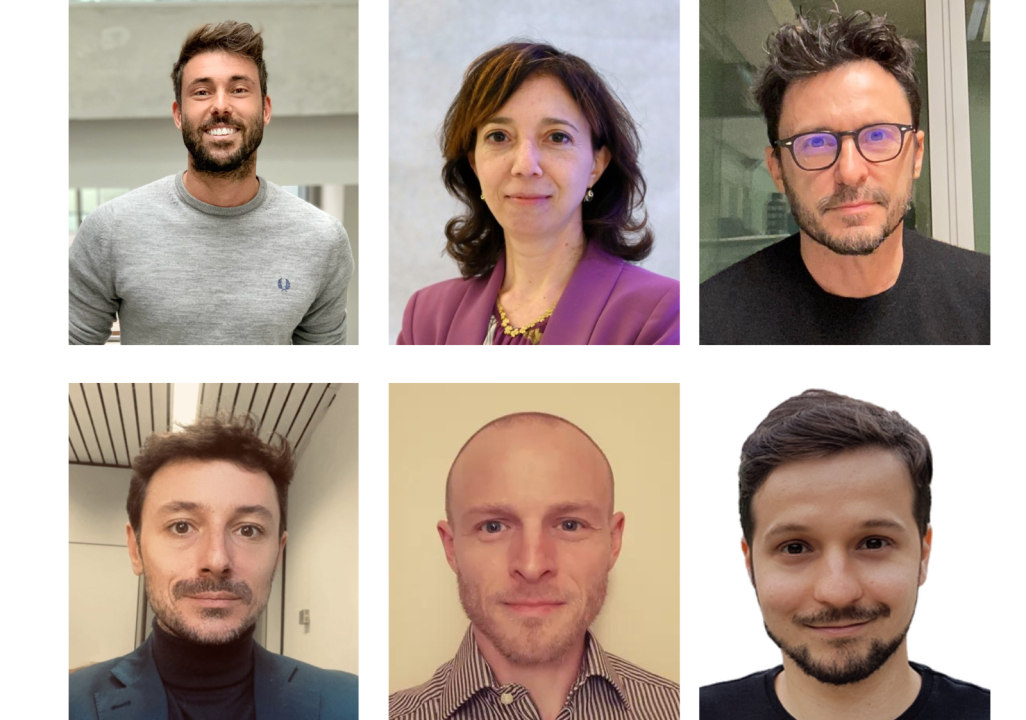Six Teaching Award for the Department of Decision Sciences

On the 11th of July, in the aula magna of the University, Rector Francesco Billari and Pro Rector for Faculty and Research Paolo Pinotti, along with the school Deans, presented the Teaching Awards for the academic year 2021/2022. These awards recognize instructors who have excelled in their individual performances and have shown innovation in their courses. This year, the Department of Decision Sciences received six awards, five for the Undergraduate School and one for the Graduate School.
Pieralberto Guarniero received the award for excellence in student evaluations. Jacopo De Tullio, Federico Vegni, Dovid Fein, Elia Bombardelli, were awarded for the innovation in teaching for the project Digital Proximity and Rebecca Graziani was awarded for the innovation in teaching for the course in Quantitative Methods for Management of the Master of Science in Management of Art, Culture, Media and Entertainment.
Both the projects started from the experience that the health emergency of 2020 and 2021 caused and the, forced, changes on the delivery of teachings then they take them up and transform them into innovation.
The Digital Proximity project was conducted in two classes of the Undergraduate School for the “General Mathematics” course. Instead of the traditional 80 hours of in-person lectures, they adopted a combination of in-person and distance learning. Specifically, 16 hours were conducted asynchronously, using video lectures available in a media gallery. Students autonomously engaged with the selected topics and then discussed and explored them further during in-person class hours. This approach fostered greater interaction and sharing between students and instructors, profit by digital materials to encourage “proximity” among the members of the class and enhancing interactions.
Rebecca Graziani’s project entailed a restructuring of the Quantitative Methods course to adopt a blended teaching model with flipped classrooms. The blended teaching model allowed for a balance between virtual and in-person learning experiences. By leveraging online video lectures with concise theory segments, students could learn at their own pace while also having more interactive sessions in the classroom. The course now features video lectures with theory capsules, in-person meetings for recaps and in-depth discussions, and in-person activities that enable students to apply the techniques they have learned. The new goal, in collaboration with BUILT, is to redesign in-person classroom sessions to make them even more participative and interactive.